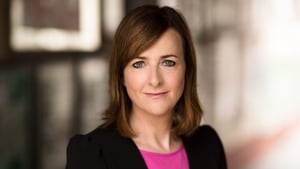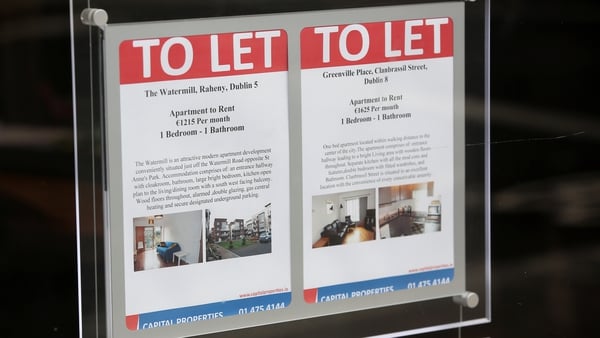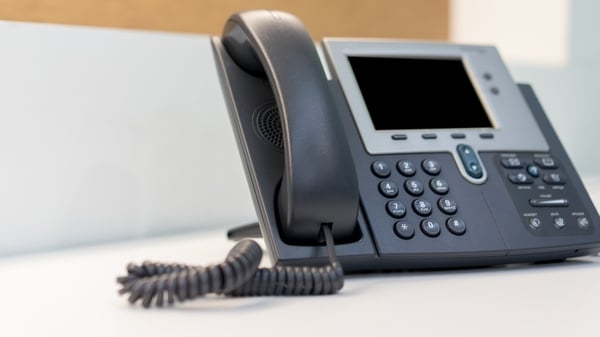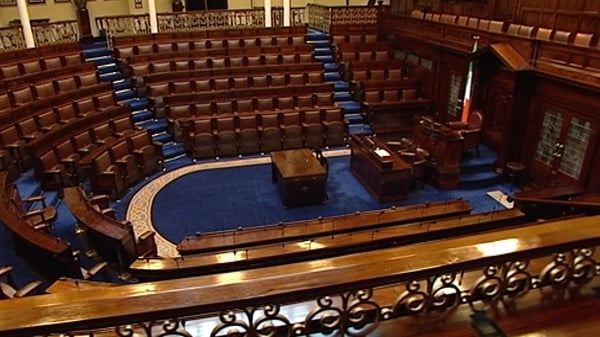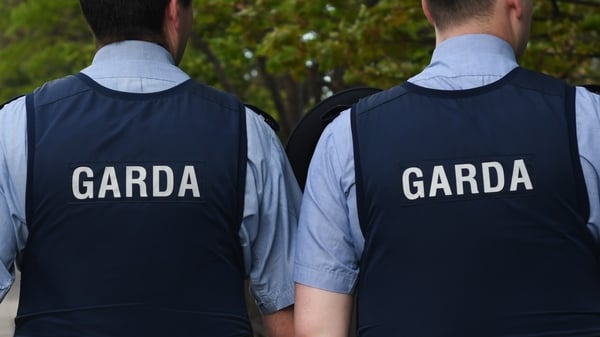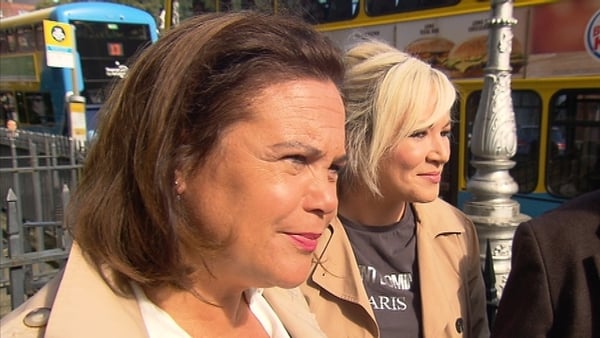The Taoiseach has paid tribute in the Dáil to those who were criminalised for homosexual activity prior to the repeal of the laws in 1993.
"Today the people I want to pay a special tribute to are the unknown heroes, the thousands of people whose names we do not know, who were criminalised by our forbears," Leo Varadakar told the Dáil during a debate on a Labour party motion marking the 25th anniversary of the repeal of the laws.
The Taoiseach also said that it was no secret that a number of patriots who were involved in the founding of the State - men and women - were homosexual.
Leo Varadkar tells the Dáil 'we remember those who paved the way for this change'. pic.twitter.com/R7R8y1gkHA
— RTÉ News (@rtenews) June 19, 2018
"While the state's laws affected gay men in a legal sense, they had a chilling effect on lesbians as well," he said.
Mr Varadkar said that we cannot erase the wrong that was done to them: "What we can say is that we have learned as a society from their suffering. Their stories have helped change us for the better; they have made us more tolerant, more understanding and more human."
Earlier today, Minister for Justice Charlie Flanagan apologised in the Seanad to members of the LGBT community who suffered as a result of the criminalisation of homosexuality.
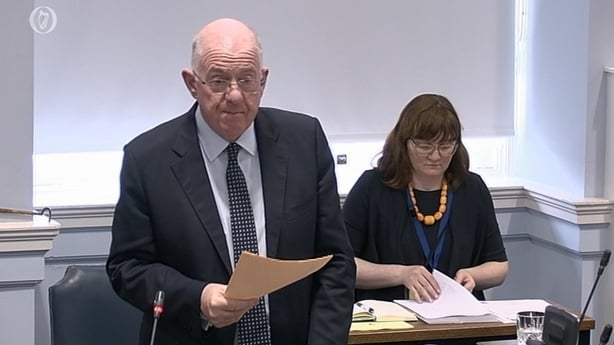
Speaking in the Seanad, Mr Flanagan said: "I extend a sincere apology to all of those people, to their family, and to their friends.
"To any person who felt the hurt and isolation created by those laws, and particularly to those who were criminally convicted by the existence of such laws."
The Minister also said Ireland is today celebrated around the world for the value which its citizens place on equality, following the same-sex marriage referendum in 2015.
He said he was delighted to support the motion from Labour Senator Ged Nash which he said, at its heart, offers an apology to all those affected by the criminalisation of consensual same-sex acts in Ireland prior to 1993.
We need your consent to load this rte-player contentWe use rte-player to manage extra content that can set cookies on your device and collect data about your activity. Please review their details and accept them to load the content.Manage Preferences
25th anniversary of decriminalisation
The apology comes ahead of a Government reception in Dublin Castle next weekend to mark the 25th anniversary of the decriminalisation.
More than 700 people are expected to attend the anniversary event.
Mr Nash tabled a motion that asks the Oireachtas to offer a sincere apology to men convicted by the courts before 1993, the year then minister for justice Máire Geoghegan-Quinn decriminalised homosexuality.
The all-party supported motion will say the law prior to 1993 caused harm to gay people and to their family and friends.
Mr Flanagan also paid tribute to Senator David Norris, whose long legal battle to repeal the laws began in 1977.
"This was a brave, first step towards the decriminalisation of homosexual relationships, and is one which is widely recognised as the critical step that led to the 1993 Act.
"The impact and significance of that challenge cannot be underestimated," Minister Flanagan said.
Meanwhile, the founder of the Gay Community News, Tonie Walsh said it was a wonderful acknowledgment of the hurt, distress, marginalisation and exclusion caused to those who were prosecuted and to the wider community.
The founder of the Gay and Lesbian Equality Network, Kieran Rose said GLEN always believed in the innate progressiveness of Irish people and that was now manifested in the Irish parliament.
Others described it as the beginning of a healing process and the confirmation of full equal status for gay people in Ireland.
We need your consent to load this rte-player contentWe use rte-player to manage extra content that can set cookies on your device and collect data about your activity. Please review their details and accept them to load the content.Manage Preferences
Referendum on role of women
Separately, Mr Flanagan was due to bring a proposal to Cabinet to hold a referendum on removing article 41.2 of the Constitution on the role of women.
The article in question states: "In particular, the State recognises that by her life within the home, woman gives to the State a support without which the common good cannot be achieved.
"The State shall, therefore, endeavour to ensure that mothers shall not be obliged by economic necessity to engage in labour to the neglect of their duties in the home."
The referendum is set to be held in October on the same day that voters will also be asked if they want to remove article 40.6.1 on blasphemy.
Additional reporting: Mícheál Lehane

